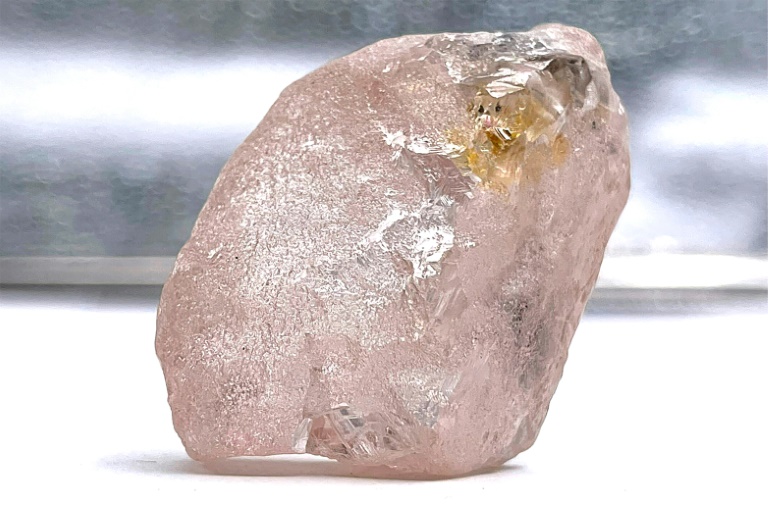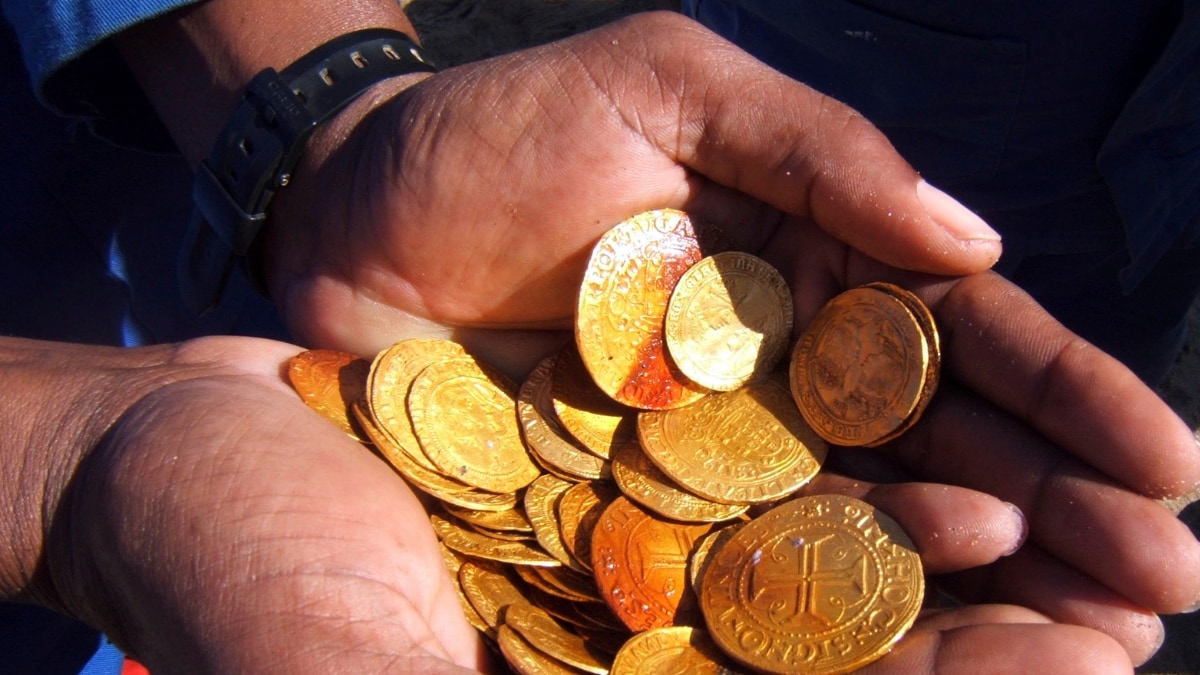In a lavish display of opulence that has ignited widespread criticism, a Hong Kong billionaire, mired in allegations of corruption, has reportedly spent a staggering £50 million on two diamonds for his seven-year-old daughter, christening the precious gems with her name.
The extravagant gesture has sparked debates on wealth disparity, ethical spending and the responsibilities of the super-rich.
Joseph Lau’s office verified this week that the real estate investor, valued at an estimated £6.5 billion, engaged in an exceptional shopping spree spanning two days at consecutive jewellery auctions held in Geneva.
Additionally, it was affirmed that the two remarkable diamonds, now renamed ‘The Sweet Josephine’ and ‘The Blue Moon of Josephine’ in her honour, served as gifts for his seven-year-old daughter.
Josephine is the daughter of Joseph Lau and his girlfriend and former aide, Chan Hoi-wan, as reported by local media.
Ranked as the 114th richest man globally by Forbes, the 64-year-old Lau has two other children with his long-time partner, Yvonne Lui.
This is not the first instance of Josephine benefiting from her father’s generosity.
Back in 2009, during a Sotheby’s Geneva auction, Lau acquired another blue diamond, setting a then-record at £13 million for the 7.03-carat gem, which he promptly named ‘Star of Josephine.’
The first diamond in Josephine’s collection, a rare 16.08-carat pink stone graded vivid fancy pink, was acquired by Lau at a Christie’s auction for a record price of £18 million after a heated bidding war.
This diamond holds the distinction of being the largest and most expensive in the ‘fancy vivid’ category ever to go up for auction.
What adds to Josephine’s fortune is her father’s continued freedom, despite a conviction for corruption in a Macau court last year, resulting in a sentence of over five years.
He has managed to avoid this penalty by refraining from travelling to the former Portuguese colony.
The billionaire’s ostentatious display of wealth has drawn parallels to the broader issue of inequality in Hong Kong, a city where immense wealth coexists with pockets of poverty.
The purchase of diamonds worth £50 million for a child has reignited discussions about the ethical responsibilities of the super-rich and the impact of their spending on societal perceptions.
While the billionaire has the financial means to indulge in luxury, the question arises as to whether such conspicuous consumption is morally justifiable, particularly when contrasted with the struggles faced by many in society.
Critics argue that this episode highlights the need for increased transparency, accountability and ethical considerations in the spending habits of the ultra-wealthy.
The naming of the diamonds after the seven-year-old has added a layer of controversy to the extravagant purchase.
Some see it as a whimsical expression of parental love, while others view it as an audacious attempt to use a child as a status symbol.
The ethical implications of bestowing such valuable possessions on a young child, who may not fully comprehend the societal repercussions, have become a focal point of the public discourse surrounding the incident.
The Hong Kong billionaire’s spending choices have reignited debates on whether there should be limits on individual wealth accumulation and how extreme fortunes should be utilised for the betterment of society.
Calls for increased wealth taxes, philanthropic initiatives and regulatory measures to curb excessive spending by the super-rich have gained momentum in the wake of such conspicuous displays of affluence.
The incident serves as a stark reminder of the pressing need for increased transparency, accountability and ethical considerations in the realm of extreme wealth, prompting broader discussions on the societal impact of conspicuous consumption.
As the public grapples with the implications of such extravagant spending, the incident may catalyse calls for regulatory measures and ethical guidelines to navigate the complexities of extreme affluence.







